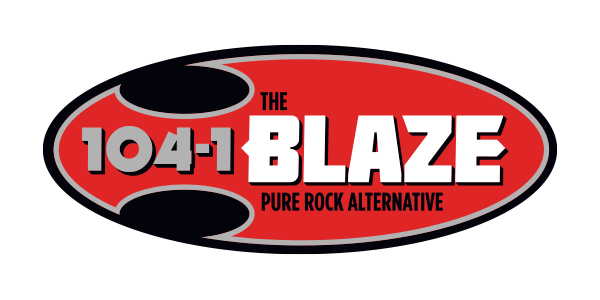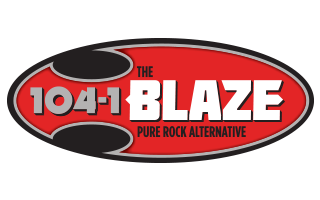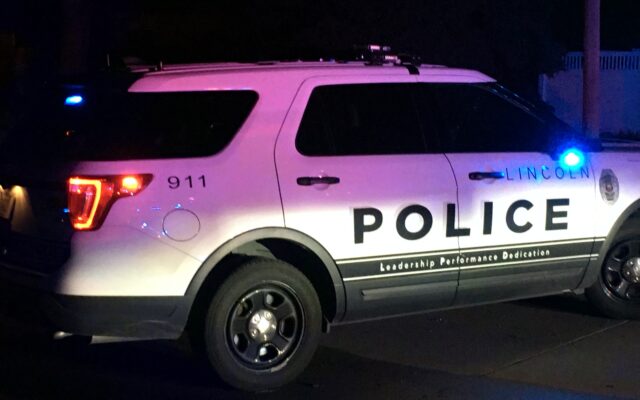POLLS: METRO NEBRASKANS MORE TRUSTING OF MEDIA, NATIONAL INSTITUTIONS

Lincoln, Nebraska, Nov. 4, 2021 — Rural Nebraskans are less trusting of many information sources than they were in 2017 and are less trusting of many sources than their metropolitan counterparts, according to the 2021 Nebraska Rural Poll.
The annual poll, in its 26th year, surveys rural Nebraskans on their views and opinions on various local, state and national issues, as well as on their quality of life and access to services. This year, the Rural Poll was conducted in conjunction with a Nebraska Metro Poll.
Both rural and metropolitan respondents most trust information received from friends, family and acquaintances; local news sources, including TV news programs and newspapers; and public sources, including PBS and public radio. Additionally, metropolitan Nebraskans reported a high degree of trust in state newspapers. However, rural Nebraskans reported trusting local TV news, local newspapers, state newspapers, Fox News, public radio and national newspapers less than they did in 2017, when the poll last asked about trust in media institutions.
Both rural and metropolitan respondents agree that social networking sites and internet blogs are the least trusted information sources. However, they disagree about the trustworthiness of specific national cable TV news. Most rural Nebraskans surveyed also do not trust at all information from CNN and MSNBC, while their metropolitan counterparts do not trust information from Fox News.
“The decline in trust in media sources in rural areas mirrors national trends,” said Becky Vogt, manager of the Rural Poll. “National surveys have also seen a decline in trust in news that is more prominent among Republicans. Given the conservative nature of the state, particularly in rural areas, it is no surprise that the decline is happening here, as well.”
Differences between rural and metropolitan Nebraskans also extends to health information — specifically information on COVID-19. Metropolitan Nebraskans are more likely than rural Nebraskans to trust most health information sources a lot: their doctor or other health care professional, the U.S. Centers for Disease Control and Prevention, their local health department, the World Health Organization, state public health officials and local government officials.
While 46% of metropolitan Nebraskans surveyed trust coronavirus information from the CDC a lot, only 20% of rural Nebraskans agree. Similarly, 38% of metro respondents trust COVID-19 information from the WHO a lot, compared with only 12% of rural respondents. In fact, at least one-quarter of rural Nebraskans surveyed do not trust at all the WHO and CDC to provide reliable information on COVID-19.
However, most rural and metro respondents trust local health professionals for reliable information on COVID-19. Most trust their doctor or other health care professional either some or a lot; most also trust their local health department and state public health officials.
“It’s critical to understand who the public trusts most for health information, particularly during a pandemic,” said Heather Akin, assistant professor of agricultural leadership, education and communication at the University of Nebraska–Lincoln. “And it’s notable that our respondents were most trusting of medical doctors and local and state health authorities compared to other sources of health information. But we’ve also seen a decline in Americans’ trust in medical professionals over the last several years, and this could be an important time for doctors and health authorities to build and maintain the trust of their patients and constituents.”
Proximity matters with confidence in institutions, just as it does with trust in information sources, for both rural and metro residents. Overall, most rural and metropolitan Nebraskans surveyed have confidence in their local institutions (public safety agencies and public schools in their community, and voting and election systems in their county). Conversely, most have very little confidence in many national institutions (the U.S. House of Representatives, U.S. Senate and presidency). Most rural Nebraskans surveyed also have very little confidence in voting and election systems across the nation.
There were only a few large differences between metropolitan and nonmetropolitan residents in their confidence in institutions. Residents of metropolitan counties are more likely to have a great deal of confidence in voting and election systems in their county, voting and election systems across the nation, the presidency and executive branch, and the U.S. Supreme Court and the federal court system compared to residents of nonmetropolitan counties. The largest difference was in confidence in the national voting and election systems. While 22% of metro respondents have a great deal of confidence in voting and election systems across the nation, only 9% of rural respondents do.
Rural Nebraskans were also asked about their confidence in these institutions four years ago, and their feelings haven’t dramatically changed since. However, more rural Nebraskans surveyed have a great deal of confidence in the public safety agencies in their community than did in 2017. The proportion stating they have a great deal of confidence in their local public safety agencies increased from 30% in 2017 to 36% this year. Conversely, fewer rural Nebraskans surveyed express a great deal of confidence in the presidency than they did in 2017. The proportion saying they have a great deal of confidence in the presidency decreased from 11% in 2017 to 4% this year.
“Public trust in government in the U.S. has been at historic lows over the last 10 years, and people tend to express greater confidence in the presidency when the office is held by someone in their own political party,” Akin said. “The majority of rural poll respondents identify as politically conservative and the poll was conducted in the early months of the Biden presidency, so it is perhaps not surprising that confidence was low at this time.”
The Nebraska Rural Poll is sent to 7,000 households annually in rural communities across the state. In 2021, an additional 7,000 surveys were distributed to Nebraskans in metropolitan areas to capture experiences and perceptions across the entire state.
This year, 1,568 rural Nebraskans completed the Nebraska Rural Poll (a 26% response rate), and 1,305 urban residents completed the Nebraska Metro Poll (a 21% response rate). The polls asked participants about their experiences with the pandemic, their health and well-being, views about their community, and trust in institutions and media.
The Rural Poll is the largest annual poll gauging rural Nebraskans’ perceptions about policy and quality of life. The margin of error for the Rural Poll is plus-or-minus 2%; the margin of error for the Metro Poll is plus-or-minus 3%. Complete results are available at https://ruralpoll.unl.edu. The university’s Department of Agricultural Economics conducts the poll with funding from Rural Prosperity Nebraska and the Institute of Agriculture and Natural Resources. The Nebraska Business Development Center at the University of Nebraska Omaha provided funding to expand the survey to the Omaha and Lincoln metropolitan areas.








